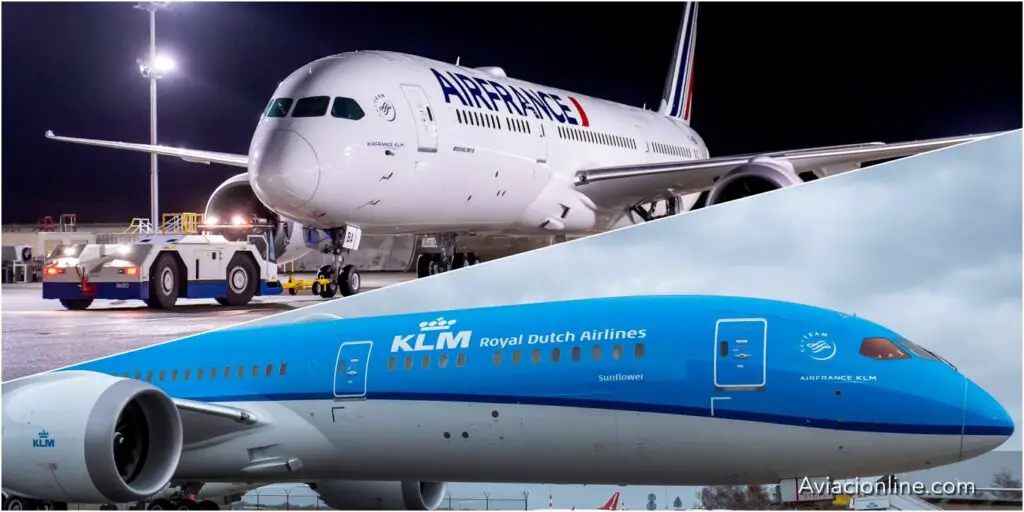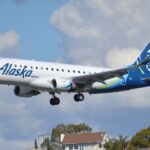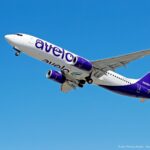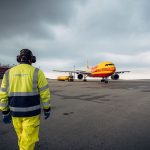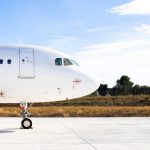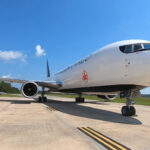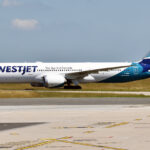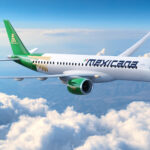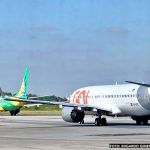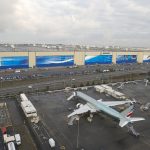The group comprised by Air France, KLM, and Transavia announced that its companies continue to work to reduce the environmental impact of their operations «in a process of transparency and responsibility in the face of the challenges of global warming».
Air France-KLM will require the validation of independent reference organizations, grouped in the Science-Based Targets (SBTi) initiative, founded by the CDP (Carbon Disclosure Project), the United Nations Global Compact, and the World Wide Fund for Nature (WWF). SBTi’s objective is to audit and verif00y companies’ emission reduction targets, based on scientific criteria, to ensure their compatibility with the targets set by the Paris Agreement.
The Paris Agreement is an international agreement signed in 2016 through which, among others, the goal of achieving net-zero emissions by 2050 was set as an imperative measure to reverse the negative environmental impact generated by carbon dioxide. As a result, airlines, manufacturers, suppliers, and other industry players around the world began to take steps to achieve this goal.
In this sense, the Air France-KLM group’s decision to be audited and validated by SBTi makes it one of the first European airline groups to promote certification of its decarbonization efforts.
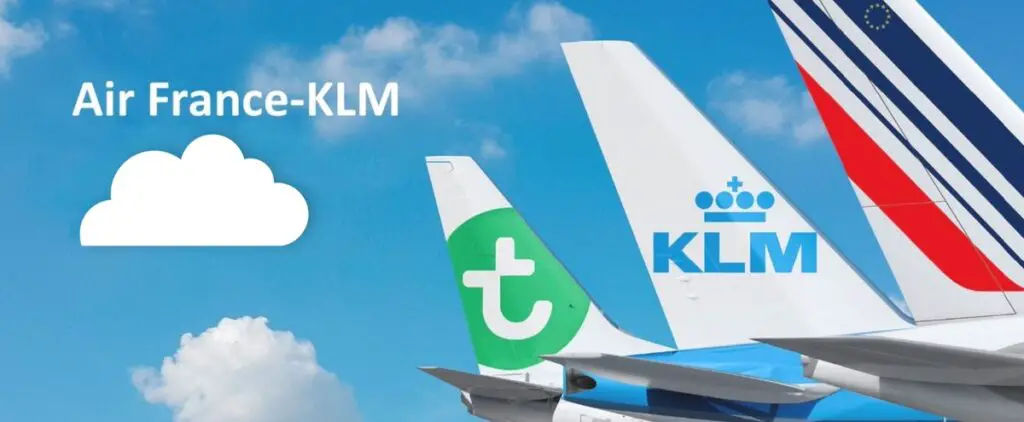
Benjamin Smith, CEO of Air France-KLM Group, said, «The climate emergency is the biggest challenge faced by our industry today. All of the Group’s employees and its companies have been taking steps to reduce their environmental footprint for many years, but today we need to accelerate our transition to more sustainable air transport». He added, «The SBTi commitment reflects our determination to achieve this by setting our emissions reduction trajectory within an unquestionable and demanding scientific framework. We signed this commitment because we are confident in our ability to successfully make this transition, with our employees, our customers, and all our partners».
According to a statement issued by the group, the decarbonization trajectory is mainly based on:
- The renewal of the fleet, with aircraft emitting 20 to 25% less CO2, with an investment of €2.5 billion.
- The use of sustainable aviation fuel (SAF), for which they assure that «the Group is working to make these fuels more accessible in terms of quantity and price by creating a real sustainable aviation industry in Europe».
- The quest for greater efficiency in its operations, such as designing more direct routes, lightening the weight of aircraft, single-engine taxiing, continuous descent, among others.
In addition, the Air France-KLM group set the goal of carbon neutrality for all its ground operations by 2030, as well as promoting research and development of innovative solutions that contribute to decarbonizing the industry and drive the sustainable future of aviation.

